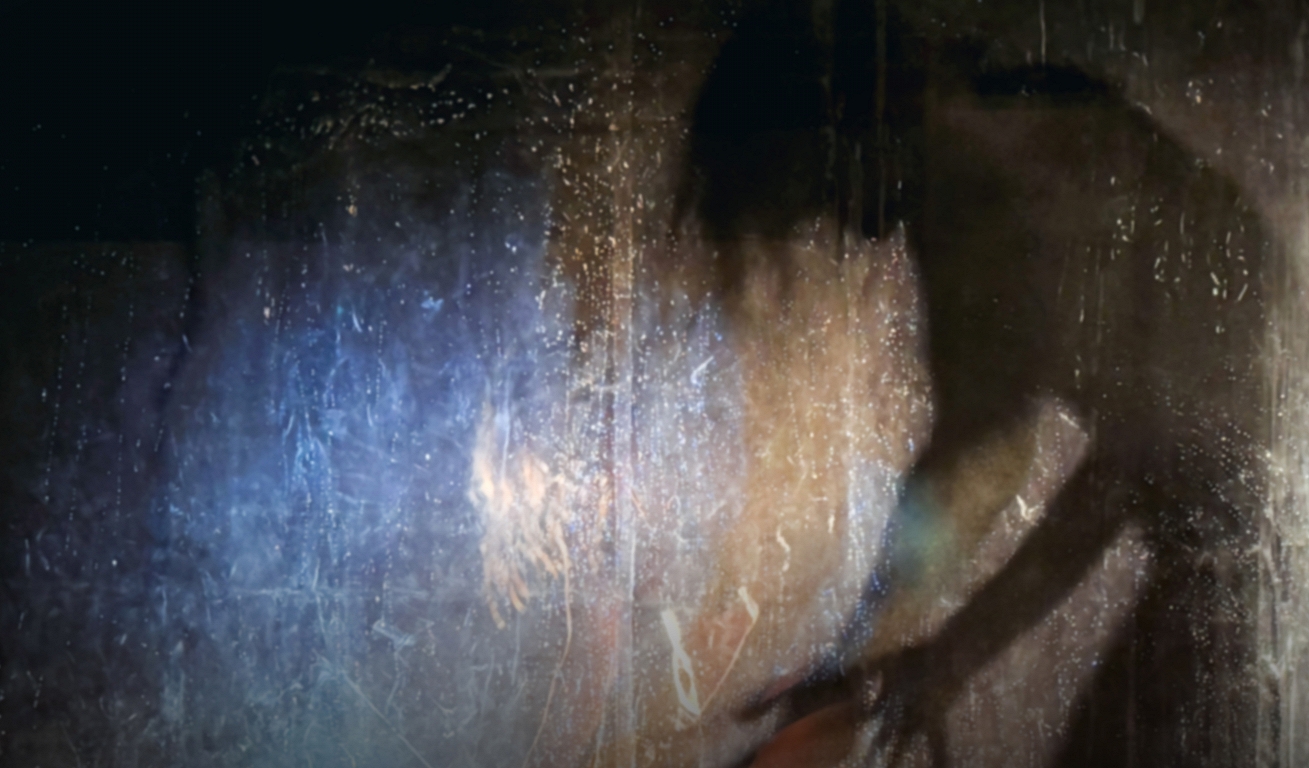So can pollen affect your sleep and feeling

Almost every third Swede can have some form of pollen allergy, with birch and grass as the most common. The symptoms – sniff, itchy eyes, fatigue, nasal congestion and headaches, can make spring a real pear.
But sleep and psyche are also affected.
– Sleep is affected for two different reasons, partly by having an inflammation in the body that means that you have a lot of different neurotransmitters in the body that can affect sleep, says Åslög Dahl, university at the University of Gothenburg.
– Then you are often clogged in the nose and it also affects because it can be difficult to sleep.
In case of pollen allergy, reacts The body as if you have an infection. There is a feeling of illness and you can feel depressed and even depressed.
This is because the nervous system, which affects how we feel emotionally, and the immune system partly share neurotransmitters, explains Åslög Dahl.
– It is part of the defense, that you should take it easy so that the body can devote itself to counteracting the feeling it reacted to. It can make you feel depressed.
The allergic inflammation can also lead to restlessness and it can feel difficult to concentrate. Åslög Dahl believes that even our nightly dreams can be affected.
« It wouldn’t surprise me, » she says.
The best way To cope without symptoms is not to be exposed to pollen, which may seem boring when it is out. Medicines such as antihistamines and cortisone spray can help relieve the symptoms. Åslög Dahl tips on rinsing his nose with saline and to test cellulose powder that clogs the local mucosa and prevents the pollen from entering.
– It is also important that you do not make much effort when there are high pollen levels. For example, if you are out training, you get more pollen because you breathe deeper, she says.
An unfortunate news for Allergists are that the pollen season is getting longer. This is mainly because it has become milder winters, which causes the hazel to bloom earlier. Some years it can happen as early as January or December.
At the same time, grass may bloom longer and the species of Malörtsambrosia, which immigrated to Sweden from North America, will also contribute to a longer pollen season. Malörts ambrosia blooms in September and October and has proven to be strongly allergenic.
This year, the season also risks being extended because of the cool spring. When the weather is cool, the rate is slowed down as birch and other trees drop the pollen down, which makes the period longer.







